Add certainty with specimen validity testing
<
>
Related
Email Newsletter
Stay up-to-date with the latest news and information from the drug testing industry by subscribing to Results, our monthly newsletter.
 Your Privacy Choices
|
Privacy Notices
|
Terms
|
Language Assistance / Non-Discrimination Notice | Asistencia de Idiomas / Aviso de no Discriminación | 語言協助 / 不䈚視通知
Your Privacy Choices
|
Privacy Notices
|
Terms
|
Language Assistance / Non-Discrimination Notice | Asistencia de Idiomas / Aviso de no Discriminación | 語言協助 / 不䈚視通知
Quest, Quest Diagnostics, any associated logos, and all associated Quest Diagnostics registered or unregistered trademarks are the property of Quest Diagnostics. All third-party marks — ® and ™ — are the property of their respective owners. © 2000-2026 Quest Diagnostics Incorporated. All rights reserved.

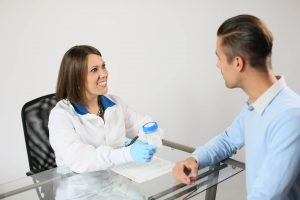

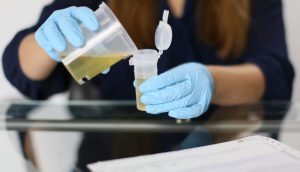

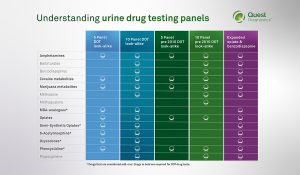



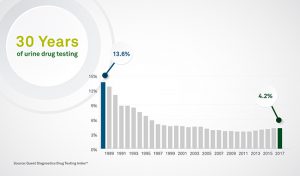
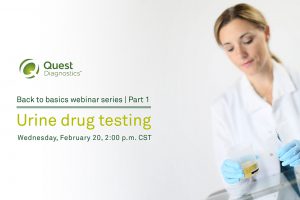
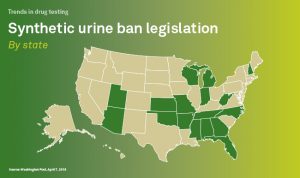
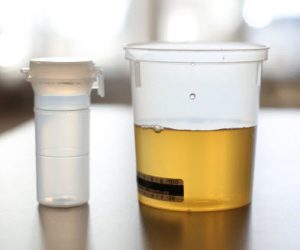
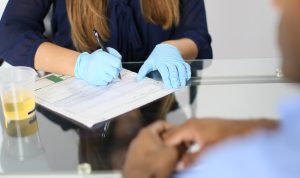

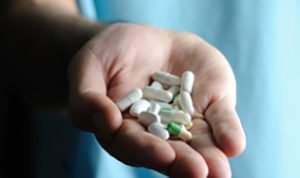




Urine drug testing is the most frequently used drug testing method and is trusted by government agencies and businesses to be accurate and scientifically sound for detecting a wide range of illicit and prescription drugs. It is the only specimen type approved for U.S. Department of Transportation (DOT) federally-regulated drug testing. While it is the most common specimen type, urine testing is not always foolproof.
In an effort to pass a drug test, donors may attempt to use common household products like vinegar, ammonia, detoxifiers, chemical additives, bleach, or other substances which may prevent a urine drug screen from detecting drugs. In addition, a donor may even substitute his/her urine with synthetic urine or beverages. As such, laboratories perform specimen validity testing (SVT) in order to determine if the specimen has abnormal chemical or physical properties and is otherwise consistent with normal human urine.
For more information about drug testing, visit our website or contact us online.